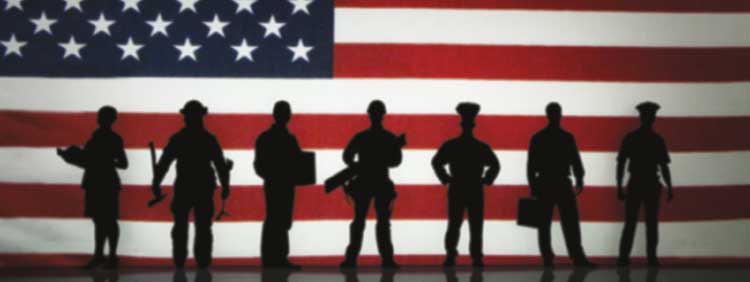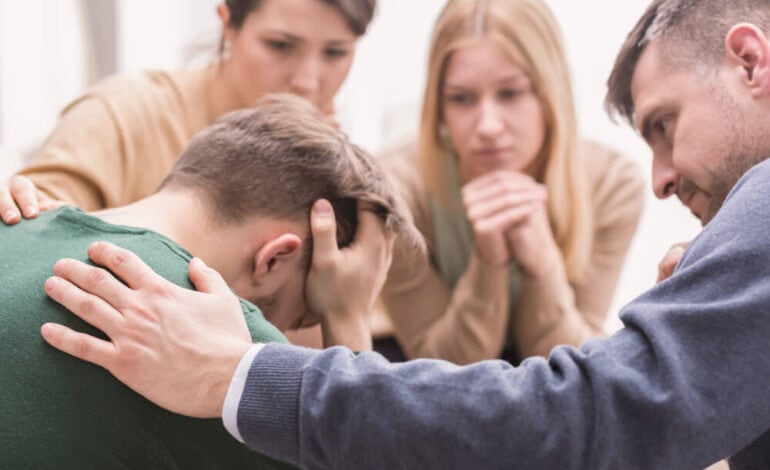Mental health concerns for First Responders: Suicide – Certain occupations have an increased risk of injury or death, some see pain and suffering on a frequent basis, and still others are under consistently high levels of stress. Many different jobs encounter one of these conditions. For example: truck drivers have an increased risk of injury due to the long hours they spend on the road; counselors see pain and suffering every day; sports professionals are often in high-stress situations. But what happens when there is no release from injury or death, pain and suffering, and high levels of stress? First responders – firefighters, police, EMTs, military personnel, and others – work under these conditions constantly.
The Increased Risk of Suicide
An article from the Journal of Emergency Medical Services in 2015 conducted a survey in which 4,000 respondents were asked whether they had thought about suicide. The data concluded that 6.6% of first responders have attempted suicide, related to job stress, at some time in their careers. That is a rate ten times higher than the national average. This statistic has increased drastically over the past half-century.
It is understandable once the nature of their jobs is examined, but there has to be another reason that this group of individuals turn to this extreme form of release in such large numbers. Knowing that they are in a high-stress job that increases their risk for suicide, it might seem logical that they would seek outside help if the job got to be too much. What is the reason that first responders don’t seek help?
Why Don’t First Responders Seek Help?
Though the statistics regarding thoughts of suicide are troubling, more problematic is the fact that many first responders do not seek treatment. Firefighters, police, EMTs, and people in the military see horrific sights on a sometimes daily basis. Painful sights would seem to become routine. However, these sights are never routine. Our first responder heroes are often conditioned to believe that they need to be “tough” despite what they experience on the job. Human nature suggests otherwise. Trauma left unattended in anyone, no matter how tough you are, can surface and manifest in surprising ways.
Though there are many reasons given for not seeking treatment, two are prominent: not wanting people to think one is weak, and fear of losing their job. The job is difficult and it can have the effect of making people callous to suffering. Just to do their jobs, many first responders have to bury what they truly feel. Unfortunately, the feelings are never really buried, and many first responders contemplate suicide when it gets too much. Though telling someone about these thoughts may seem to be weak, it is the only way to get help. And valued employees don’t lose their jobs just because they are having trouble with something they experienced on the job.
How Can First Responders Get Help?
Many people in these high-risk professions also don’t seek help because either they don’t know where to go, or they are afraid mental health professionals won’t understand their needs. To answer this need, many mental health facilities have started groups targeted to the specific needs of first responders. Though a counselor may not have experienced the same stress, he or she can help you work through your trauma and get you back to a healthy state of mind.
Basically, all you need is someplace to tell your story, someplace you can be understood without feeling judged. It may also help to be in a group of people who have gone through some of the same experiences you have. At Akua Mind & Body, we have worked with many people who feel the helplessness many first responders feel. Before thinking about suicide becomes an attempt, talk to someone.
A representative is available to speak to you about what you are going through and direct you to the help you need. We can get you in a program made up of peers in a safe and anonymous setting.
- Read this related article: “First Responders are Heroes – PTSD Does Not Denote Weakness“
24/7 ADMISSION HELPLINE 888-629-6707




